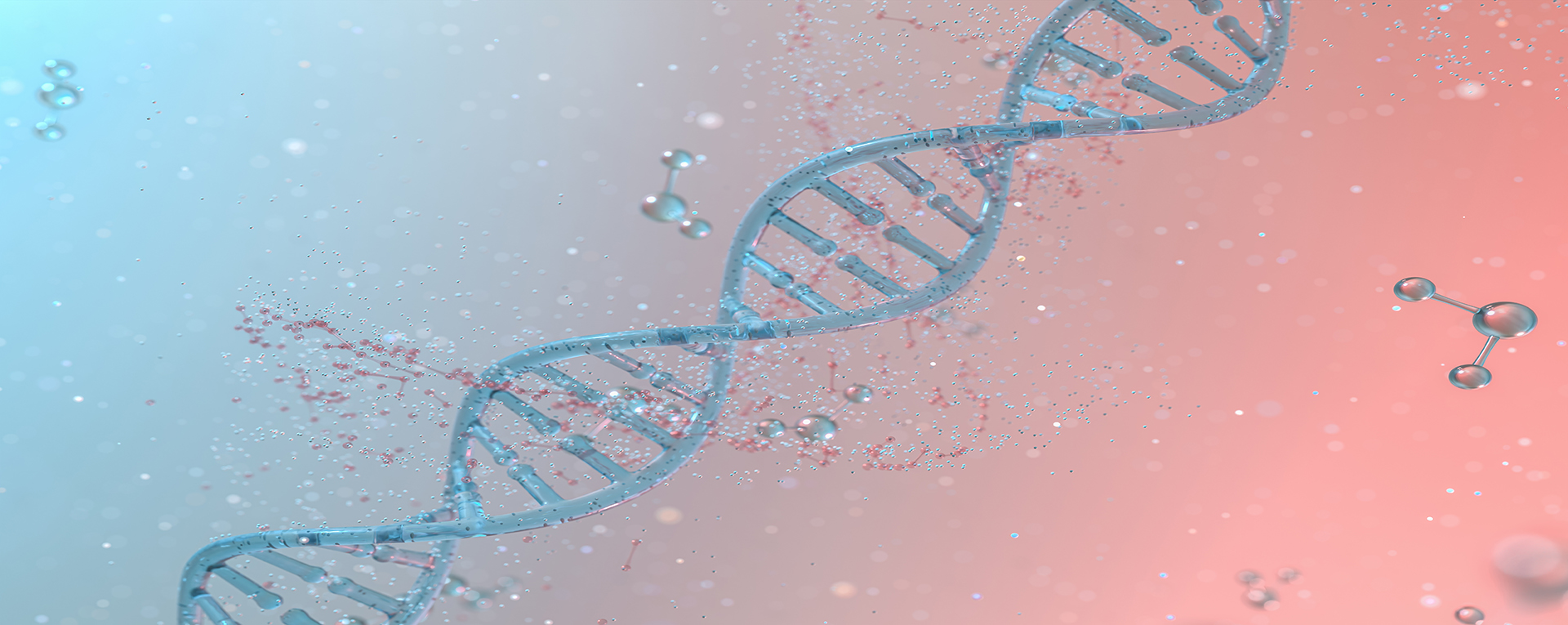Becoming the master of our own well-being
Why are we the way we are? Why do we get sick? Genetics, environment, lifestyle – what are the main drivers influencing our health and well-being? Many of these and other questions are still unanswered.
Nevertheless, science has made several leaps forward since 1962, when Watson and Crick won a Nobel prize for discovering DNA structure – the molecule responsible for hereditary traits. The Human Genome project, which ran from 1990 to 2003, identified and mapped the approximately 25,000 genes that make up our DNA.
Among the astonishing discoveries brought about by the project was the proof that our fate is not determined exclusively by the genes we inherited from our parents, but rather that we are, by and large, the co-creators of our own health. This is due to the fact that genetics is strongly influenced by epigenetics – i.e. the range of factors that influence gene expression. Simply put, our cells respond, react and adapt to external influences, including our lifestyle. Therefore, we can say that, at least to some extent, we are the ones dictating what our genes are going to do!
This simple example will help clarify the concept of epigenetics: despite sharing the same genetic make-up, homozygotic twins may have substantially different characteristics depending on their lifestyle. If one of them has a sweet tooth, for example, he or she may become obese or develop diabetes, while the other twin following a healthy, balanced diet will potentially stay fit and healthy well into old age.
There are at least 12 epigenetic factors determining our quality of life, including our diet, the air we breathe, physical exercise, stress, oxygen deficiency, micronutrient and vitamin deficiencies, pollution, environmental toxins, food additives, smoking, our microbiota, use of synthetic drugs, and chronic systemic inflammation.
An S-DRIVE TEST now makes it possible to find out which epigenetic factors are influencing our state of health.
This cutting-edge epigenetic testing, available to guests at ADLER Spa Resort THERMAE in Tuscany, relies on hair bulbs as BIO-MARKERS.
By analysing hair bulbs, around 800 different wellness indicators can be identified, including vitamins, fatty acids, minerals, antioxidants, amino-acids and recommended foods, as well as any foods and food additives to be cut down on or eliminated altogether.
The S-DRIVE TEST comes with a detailed report that can be used to tackle any nutrient deficiencies, and eliminate harmful foods in favour of food alternatives that best support our needs. It is also the basis for devising targeted therapies for detoxing the body, restoring healthy energy levels and improving immune response.
Finally, we have the opportunity to take our longevity and well-being into our own hands, and to live the wonderful opportunities of life to the fullest.

